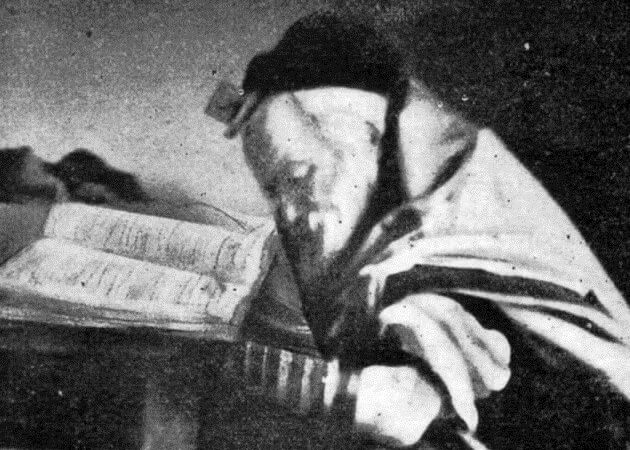
When you conjure up an image of a tzaddik — a truly religious, sincerely devout individual — what do you see?
The answer is often the image of an austere, ascetic individual: weary from fasting, fatigued from study, bent over heavy tomes. Humble in spirit, weak in body.
Rav Kook, however, rejected this stereotype out of hand.
Two Stages
During the process of spiritual growth, there is a stage when it is necessary to adopt a humble and submissive attitude. But this is only a preliminary phase, in order to break bad habits and correct flawed character traits. It was about this stage that the Sages noted, "Torah study weakens a person’s strength” (Sanhedrin 26b).1
The ultimate objective is true knowledge of God. At that level, serving God does not weaken the soul and its powers. On the contrary, it gives strength and fortitude. The goal is not to enervate the soul, but rather to unleash its inner resources, allowing it to shine with a holy light, invigorated and joyful.
The energizing effect of Divine service is based on the fact that the inner essence of the human soul is good. Negative traits, on the other hand, are circumstantial, acquired through association with the body’s material needs.
Spiritual growth bolsters the innate goodness of the soul, after it has been cleansed and freed from negative traits. Thus we find the Sages taught that Torah is the ultimate source of strength and vitality:
The only true strength is Torah, as it says (Psalms 29:11), God will give strength to His people (Sifri Deut. 343).
Bowing and Standing Straight
This concept is the logic behind the way we bow during the silent Amidah prayer. At the start of the prayer, when reciting the word Baruch, one should bow. When saying God’s Name, however, one should stand up straight. The Talmud (Berakhot 12a) derives this prayer etiquette from the verse in Psalms 146:8, "God raises up those who are bowed down.”
This corresponds to the two stages mentioned above. We bow at the start of the prayer — expressing the humility and submission needed to overcome bad habits during one’s initial stage of serving God.
But when we say God’s Name, we raise ourselves up to our full height, secure and fortified. The ultimate goal — true knowledge of God — lifts us up. It strengthens the powers of the soul, giving us confidence and joy.
(Adapted from Ein Eyah vol. I, p. 65; Olat Re’iyah vol. I, p. 267)
1 Thus we find that when Rabbi Shimon ben Lakish (also known as ‘Reish Lakish’) abandoned his position as leader of a band of highwaymen to dedicate himself to Torah, he initially lost his former physical strength (Baba Metzia 84a, Rashi ad loc).